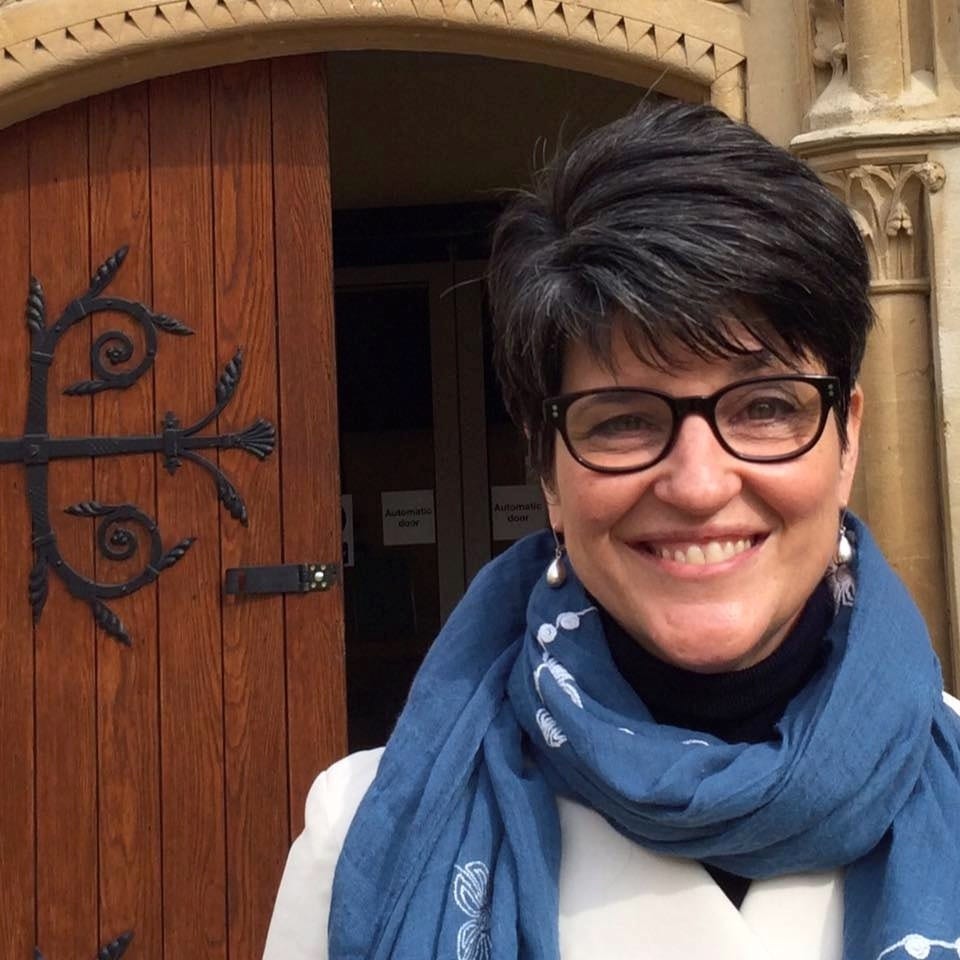Dr Karen Kelsky told us how to get tenure in the US
By uczjsdd, on 24 May 2017
Last week Dr Karen Kelsky, tenured professor turned careers guru and author of The Professor is in, spoke to our researchers about how to hack the US academic job market. She focused specifically on US ‘tenure-track’ positions, which involve a few years of teaching and research, and then guarantee you consideration for a permanent academic appointment. However, most of her advice was applicable to post-doc roles too. If you couldn’t make it along, here’s a summary of the take-home points:
– The market is tough. In case anyone is under any illusions, the US is not an easy alternative to the UK. Karen told us the US produces ~60,000 PhDs a year, and a tenure-track opening may attract 200-1000 applications. Just like here, the majority of US PhDs end up leaving academia.
– The Academic Search Committee are more overworked than you are. The academics sifting through applications are even busier than you are, so Karen estimated they give only ~2 minutes of attention to each tenure-track application. Better make the good stuff easy to find!
– Know the institution. Karen talked us through US university types – from Ivy League to Community College – and it’s certainly a more complex system than ours. But just as in the UK, when looking at lectureship positions, institution-type influences the pay and teaching/research load. Make sure you’re applying for a role that suits you, and you’re emphasising the right things in your applications. The Fulbright Commission and good old Wikipedia will give you an idea of US university types.
– Stop thinking of yourself as a student. Karen was very firm on this. When looking to hire new lecturers the search committee are looking for a new peer, not a student. Present yourself as a peer, and have references from people who can speak about you as a peer. Start now. Network with as many people as possible, at conferences and via social media, sharing your outputs and your ideas. Like what? Like a peer.
– Have a 5-year plan. A future focus in your applications, with a specific and detailed plan, will help recruiters see what an asset you’ll be to their department. And once you’re on the tenure track, sticking to a clear plan will help you meet the tough plublication criteria that qualifies you for tenure.
– Brits babble on (and other nationalities are too blunt): For a US audience, Karen says we Brits are way too wordy. Don’t write a cover letter that reads like a Hugh Grant script. Present the facts, and get to the point. Karen also mentioned some nationalities write so bluntly it appears arrogant…even to a US audience whom many perceive as unashamed self-promoters! To check how you’re coming across, book a researcher one-to-one appointment to discuss your application documents.
– (Almost) always negotiate. Once you’ve been offered a position, in the US there’s far more room to negotiate your pay and conditions than here. Karen outlines some rare cases where it may not be appropriate in her book, but for the most part, negotiate away.
For more useful tips for getting ahead in academia check out Karen’s blog and book, as well as our UK-centred schedule of academic careers workshops, covering career planning, applications, and interviews.
 Close
Close




